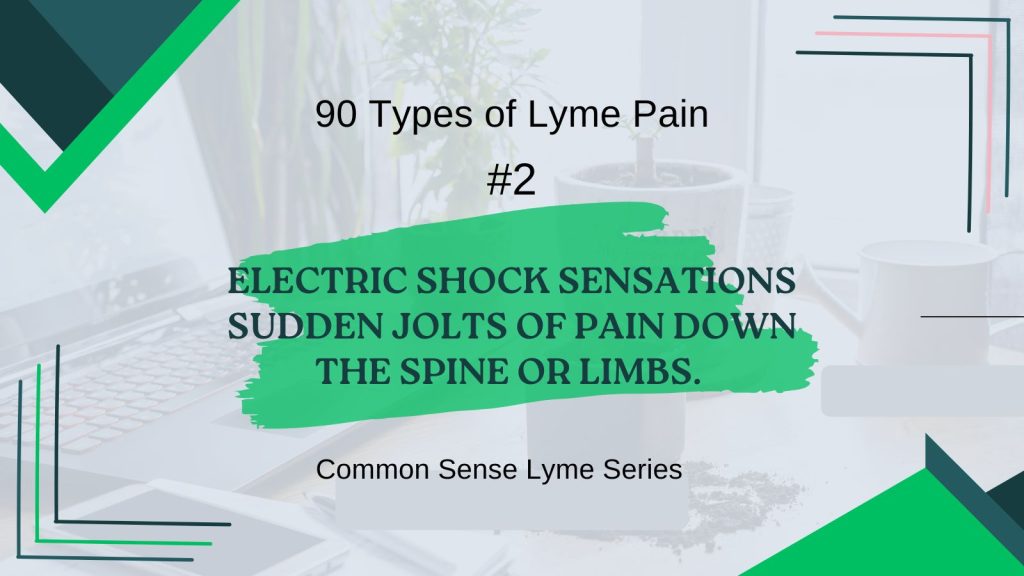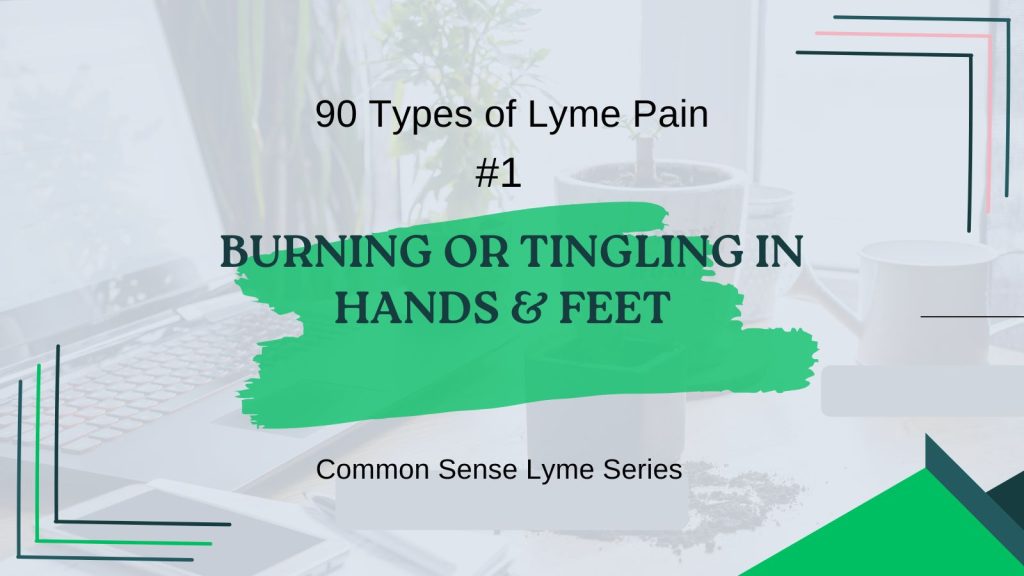Pediatric Lyme Disease: Why Children Are Misdiagnosed
Pediatric Lyme Disease: Why Children Are Frequently Misdiagnosed Pediatric Lyme disease rarely looks like the textbook descriptions clinicians learn in medical school. While adults typically present with fatigue and joint pain, children often develop sudden behavioral changes, academic struggles, and psychiatric symptoms that get attributed to everything except infection. This diagnostic blind spot means many […]
Pediatric Lyme Disease: Why Children Are Misdiagnosed Read More »










